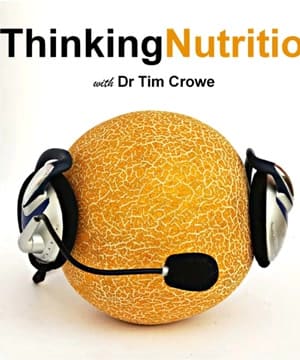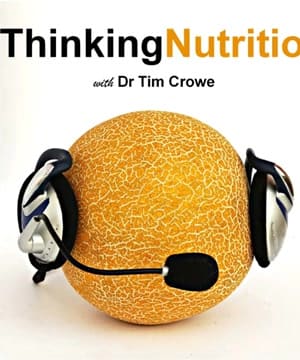Hypothyroidism
Sources:
Hypothyroidism is a condition where the thyroid gland doesn't produce enough thyroid hormones, leading to various systemic effects. Here are key insights from experts on different aspects of hypothyroidism:
Causes and Symptoms
-
Common Causes:
- Hashimoto's Thyroiditis: An autoimmune disorder that's the most common cause of hypothyroidism in the western world 1.
- Medications and Treatments: Certain treatments like radiotherapy or removal of the thyroid gland can also cause hypothyroidism 2 3.
- Other Factors: Stress, infections, and nutrient deficiencies can contribute to secondary hypothyroidism 4.
-
Symptoms:
Diagnosis and Testing
- Diagnosis often involves checking levels of TSH (Thyroid Stimulating Hormone), with high levels indicating hypothyroidism. T4 and T3 hormone levels are also critical in diagnosis 3 6.
- Subclinical hypothyroidism, with normal TSH but low thyroid hormone levels, is often underdiagnosed 4.
Treatment and Management
- Medication: The standard treatment is hormone replacement therapy with drugs like levothyroxine. These medications should be taken between meals to ensure proper absorption 2.
- Diet: While diet alone cannot cure hypothyroidism, it plays an essential supportive role. Gluten-free diets and supplements are sometimes recommended by natural medicine practitioners 1 2 7.
- Monitoring: Regular monitoring through blood tests and consultations with healthcare providers are crucial to managing the condition effectively 3.
Related Complications
- Hypothyroidism can lead to various health problems if left unmanaged, including high cholesterol, heart issues, and mental health conditions 2 5.
Understanding hypothyroidism involves recognizing the broad spectrum of causes, symptoms, and the importance of a comprehensive approach to diagnosis and management.
RELATED QUESTIONS-

